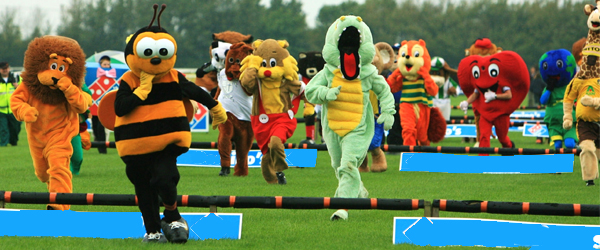Most writers I know have a pet metaphor for this station, the ultimately strange role of writer, and I suppose I do, too, though lately I have grown suspicious of it—or rather, him. I am considering tossing Magellan.
I think he originally occurred to me during a college entrance exam. I recall composing a long flowery rant about the writer as an explorer; I wrote something like, “an explorer sees the world as an oyster into which he readily forks his tongue.” (My youth blinked past the innuendo.) I hyperventilated on about, yes, lapping at that goodness.
And once I stop blushing, I admit there’s some truth to that because the world is sweet. This is a world that repays exploration.
I think Tolkien had this exploration in mind—a kind of discovery of the real—when he wrote his bit about humans refracting “a singular White,” and although I think he probably wrote that sentence like I wrote my entrance exam essay, missing its problematic undertones, I think he probably wrote it in earnest as I write (generally) in earnest, and perhaps he even wrote it next to a window overlooking sea like the one I write by now, because who can deny witness to the light shattering over water and the salt-clean air and gulls in pines, bleating? The world is sweet.
I’m sure Magellan thought so, or he wouldn’t have died trying to circumnavigate it.
But I no longer think of writing as a true exploration of a beautiful world, a discovery of the real, and here’s why: having created this art for some time, it’s occurred to me that the vista out my window is a variegated color beyond the written word. I experience the complex color sea, and I can write a sea-like sentence, sure, add rising and falling sounds, a certain swish, harp the moribund S, but I cannot write the sea as one actually experiences it. The ocean—human experience—is ornate beyond serifs.
To Tolkien I say: this white light burns my eyes.
Which isn’t to raise any more controversy than this: the writer, if anything, is not the explorer as we tend to think of him, Magellan at the prow of his ship, laying his plans upon his desk, drawing up lands as he encounters them. Something stranger is in art happening. The writer is parting darker waters.
Considering this Christianly, I’ll hijack for a moment the story of God giving Adam reign to name Earth’s animals.
And out of the ground the LORD God formed every beast of the field, and every fowl of the air; and brought them unto Adam to see what he would call them: and whatsoever Adam called every living creature, that was the name thereof.
This might be the most important parade in the entire Judeo-Christian tradition. So I apologize for this quick and somewhat distorted analysis: I believe Adam was, like any writer I can bear to be friends with, a little bored and lonely, and luckily for him, God intended all along that Adam not only explore the sweetness of the world, but alter it, reconcile himself to it, leave his shadowy strange mark on it: beginning with a syllable. Crow.
For the creator-artist and the viewer both, art is an extra mode of knowing that is just as likely to muddle Tolkien’s light as it is to coax it into spectrum. That is why we call some books good books, and also why we can’t pick The Best Book Ever. It is why we writers feel there is something left to be written: because we are not exploring the actual world in words, but through playing with words coming to situate ourselves in the actual world.
Playing with words, we organize the world, fillet it, direct it, sharpen it, slow it down, speed it up, deceive it, chop it into manageable pieces or amass it into unspeakable wonders.
Most writers will tell you they are in love with words themselves—I am in this camp—and I will venture a guess that most of us get into this business not because we are looking out windows on beautiful vistas that compel us to record them shoddily, but because the last paragraph of “Dover Beach” is so rhythmically compelling. Because the opening sentence of One Hundred Years of Solitude gives us goosebumps.
Many years later, as he faced the firing squad, Colonel Aureliano Buendía was to remember that distant afternoon when his father took him to discover ice.
The best creators are Adams—transfiguring one blackwing flurry into crow, for love of that open sound, soft punch.
All this to say, my first metaphor’s soured. A writer isn’t really an explorer discovering the world; what she offers is other-worldly. Her work transforms the world.
Then again, I may be tossing Magellan unfairly. Words are elastic. Maybe I need only revise the way I imagine him. Sure, a creator is like Magellan as I can picture him now: stepping from the dock and sliding off the map, returning from uncharted space, notebooks full, and changing the way we relate to the world, for better and worse, muddling and concentrating that foreign light.
Tyler McCabe is the program coordinator of Seattle Pacific University’s MFA in Creative Writing program and managing editor of Image journal’s bi-weekly e-newsletter ImageUpdate. He has also written for Ruminate and SPU’s Etc. magazine.








